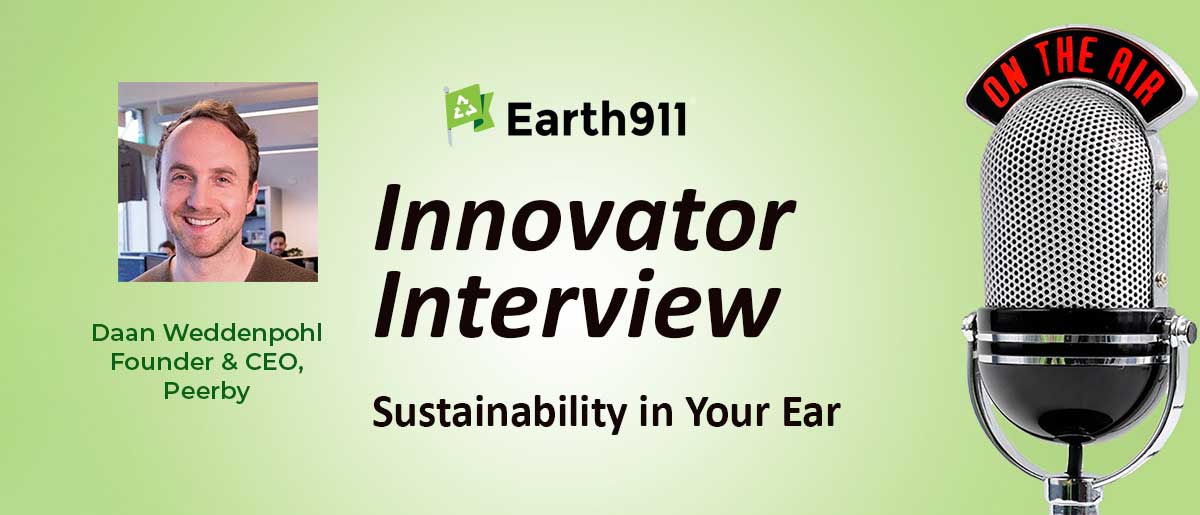The sharing economy can be a platform for keeping products in circulation and out of landfills until they are no longer usable and must be recycled. If we can get more uses out of things we currently throw away, we can reduce the need to extract raw materials from the Earth. Meet a pioneer in sharing, Daan Weddenpohl, founder and CEO of Peerby, an innovative Dutch platform at the forefront of the circular economy. Peerby connects people within neighborhoods and communities, enabling them to share items that would otherwise remain underused, such as household tools, appliances, and recreational equipment. Peerby promotes sustainable consumption by reducing the demand for new products and fosters social connections among community members. Daan launched Peerby with the belief that shared resources and connected communities could make a significant positive impact on the environment, economy, and society at large. Peerby has grown into a platform that addresses the local challenge that underlies global over-consumption and waste. We delve into Peerby’s service, the challenges and opportunities of the sharing economy, and Daan’s insights on the future of sustainable living and community-focused innovation.

Daan describes his goal for Peerby as making it a Netflix for stuff, and the question is whether the digital infrastructure can help make physical assets as widely available at low cost as Netflix has made movies and television shows. To do so, we must first virtualize the physical economy, and we’ve heard from organizations like GS1 and TCO that they are working to launch product passports that document where products are manufactured, how the raw materials are sourced, and the distribution networks that deliver them to the consumer. Once we document product lifecycles, it is possible to manage their use, reuse, and even recycle them when they become unusable to reduce the extraction of raw materials and the carbon impact of the things that support our lives. But it takes an essential first step, the choice by people in their homes and workplaces to make what they have last longer, to share items like a drill or a truck to minimize the surplus inventories of material goods that have come to define consumerism in the 21st Century. You can learn more about Peerby at https://www.peerby.com/
Source link
Mitch Ratcliffe earth911.com

